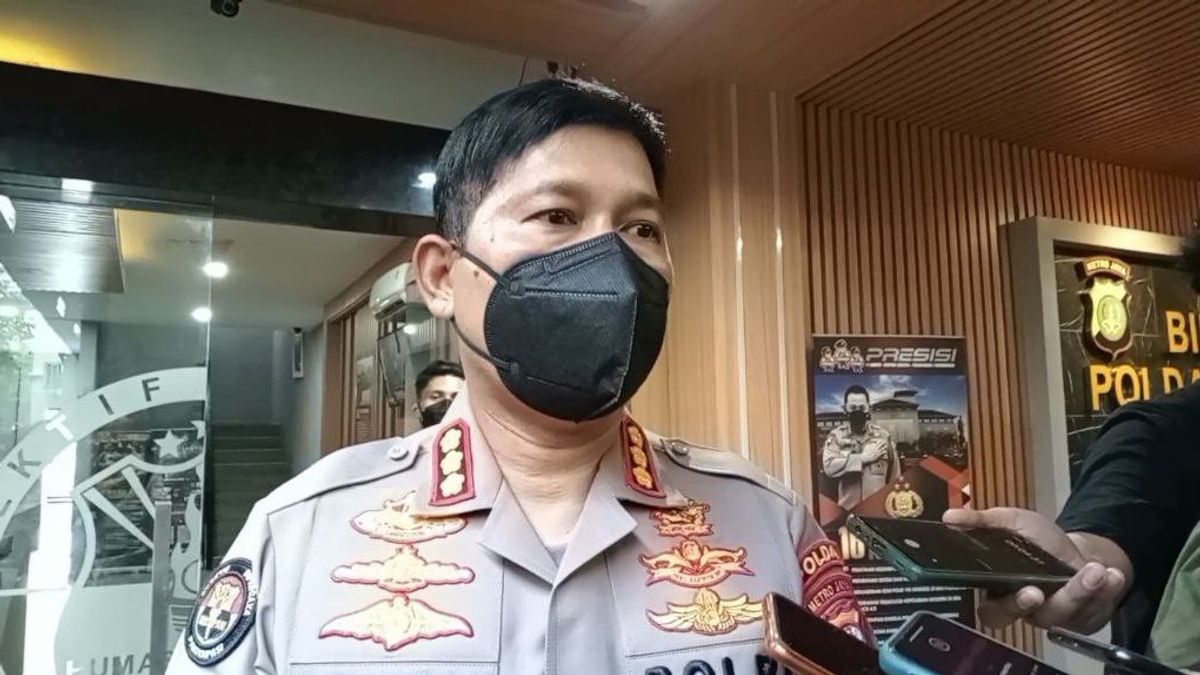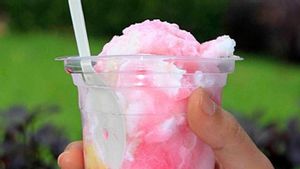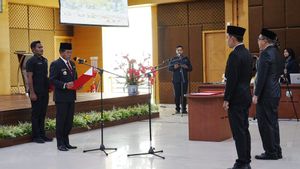JAKARTA - The police said that JNE acknowledged the rice found buried in the land located in Serab Village, Sukmajaya, Depok, West Java. The reason is that the rice has been damaged by the rain.
"Then the rice that was stockpiled was damaged rice, this is JNE's confession," said Head of Public Relations of Polda Metro Jaya Kombes E. Zulpan to reporters, Monday, August 1.
The social assistance rice (bansos) was damaged by rain on the way after JNE took it from the Bulog warehouse in the Pulo Gadung area.
Based on JNE's statement, it has replaced the damaged rice. Replace it with the equivalent of basic necessities.
"Because the rice is wet, according to JNE it is JNE's responsibility and the rice has been replaced by JNE with an equivalent package," he said.
However, Zulpan said that to ensure this information, the Depok Police would examine several other parties. The aim is to clarify all things obtained from the information obtained at this time.
"Tomorrow we will call several related parties including Bulog for information, including JNE, the Indonesian Ministry of Social Affairs and the promised data to be brought tomorrow, so that the truth of what was conveyed during today's examination will be known," said Zulpan.
The presidential social assistance package was found in the Kampung Serab area, Sukmajaya, Depok, West Java, on Sunday, July 31.
The discovery of the presidential social assistance items for residents affected by COVID-19 buried in the ground was revealed after the heir of the land owner, Rudi Samin, carried out excavations using heavy equipment and was being handled by the Depok Police.
The English, Chinese, Japanese, Arabic, and French versions are automatically generated by the AI. So there may still be inaccuracies in translating, please always see Indonesian as our main language. (system supported by DigitalSiber.id)








